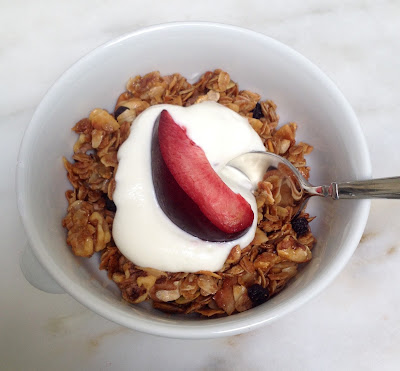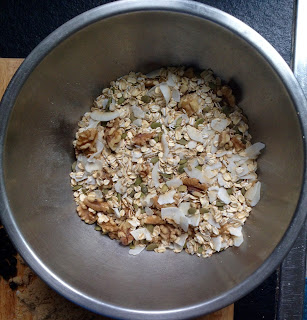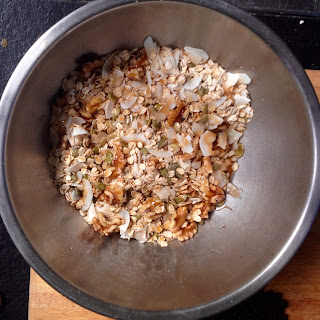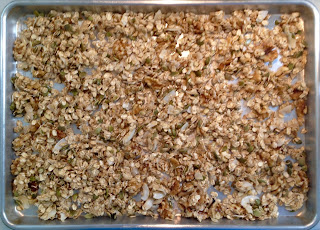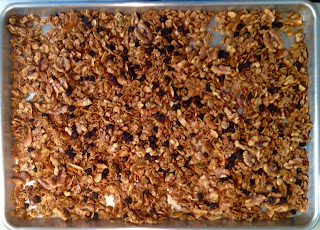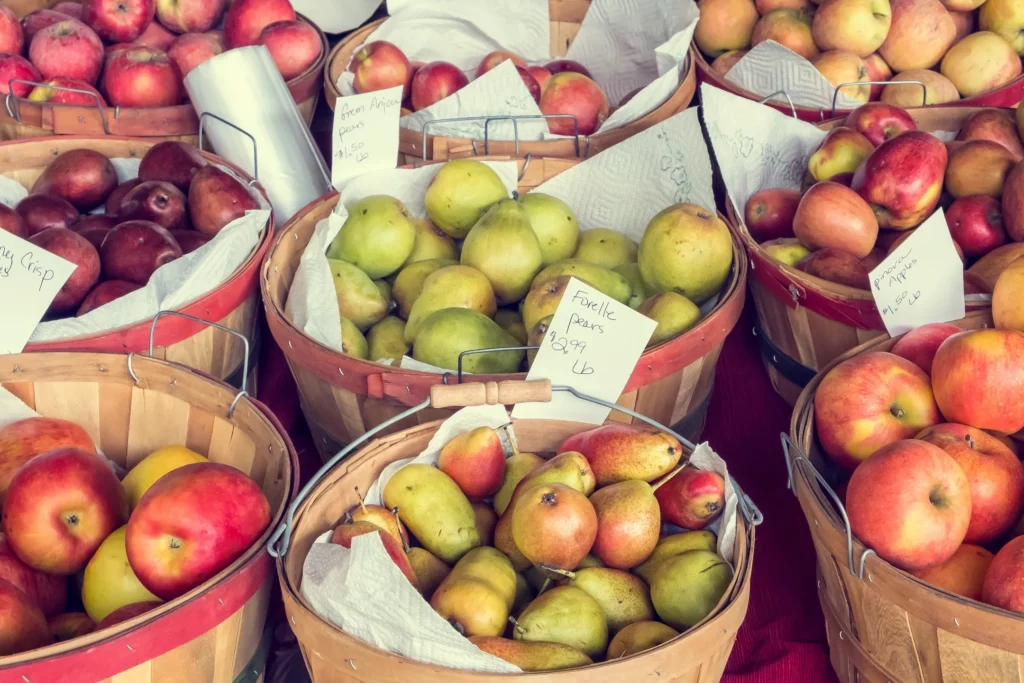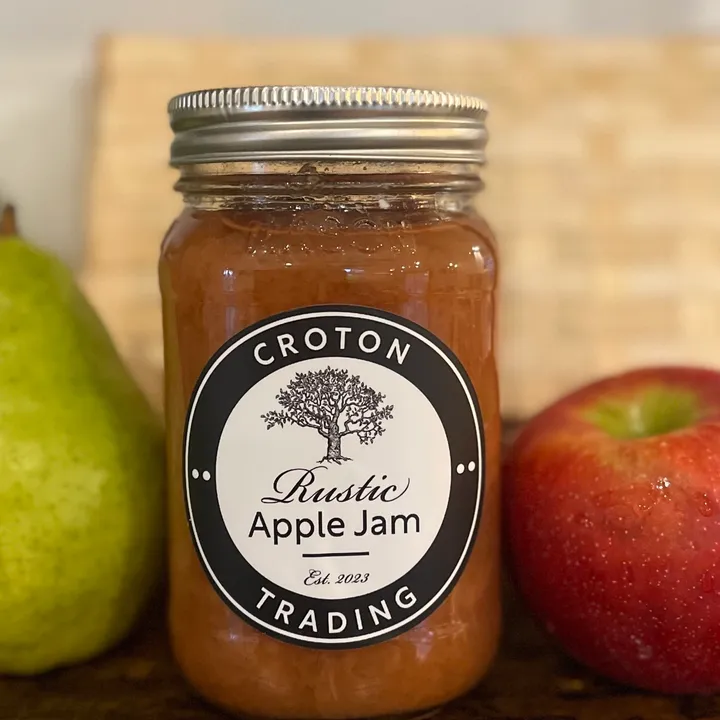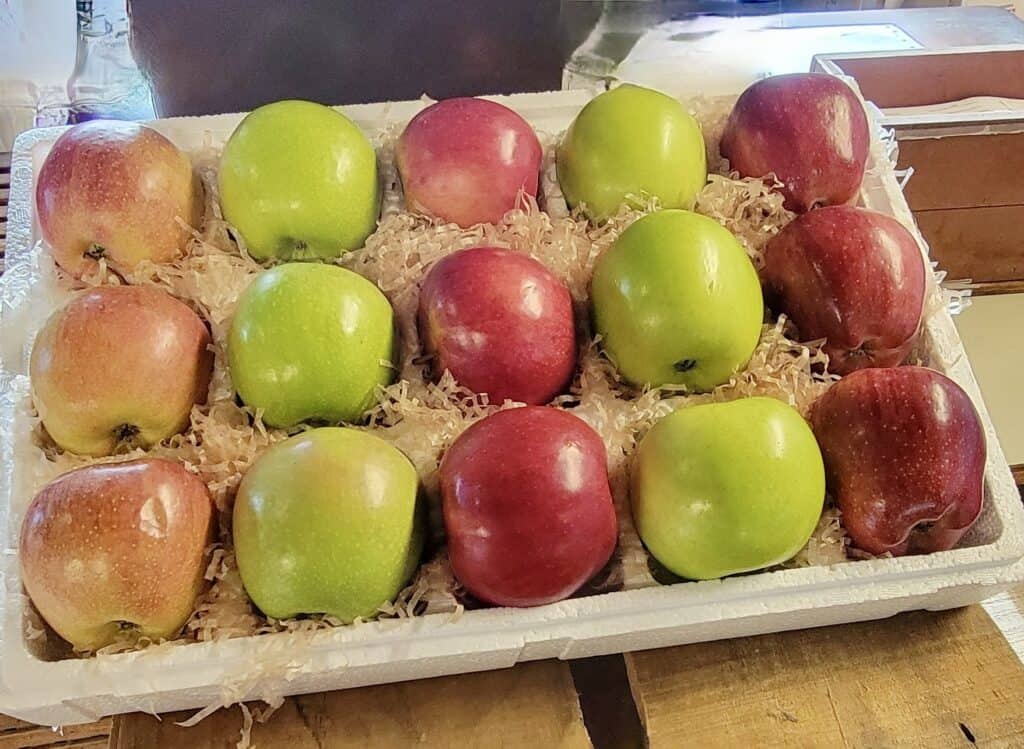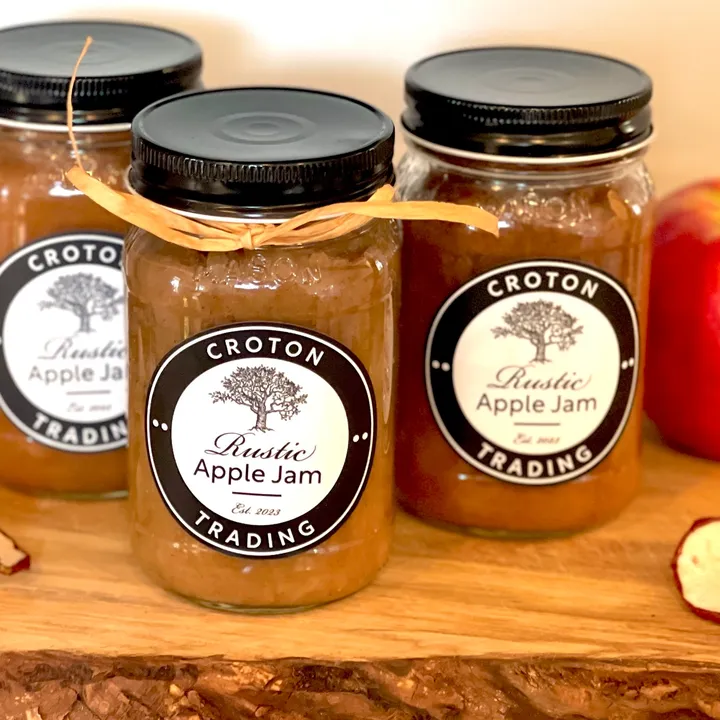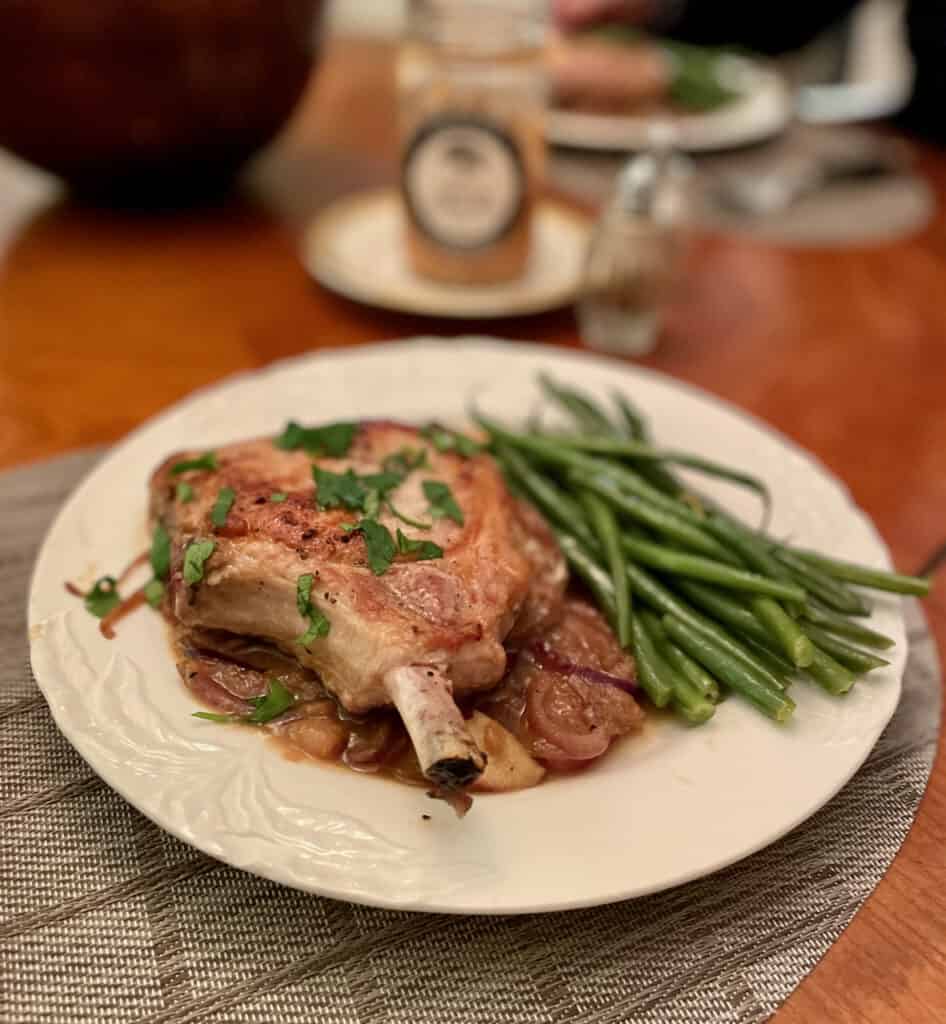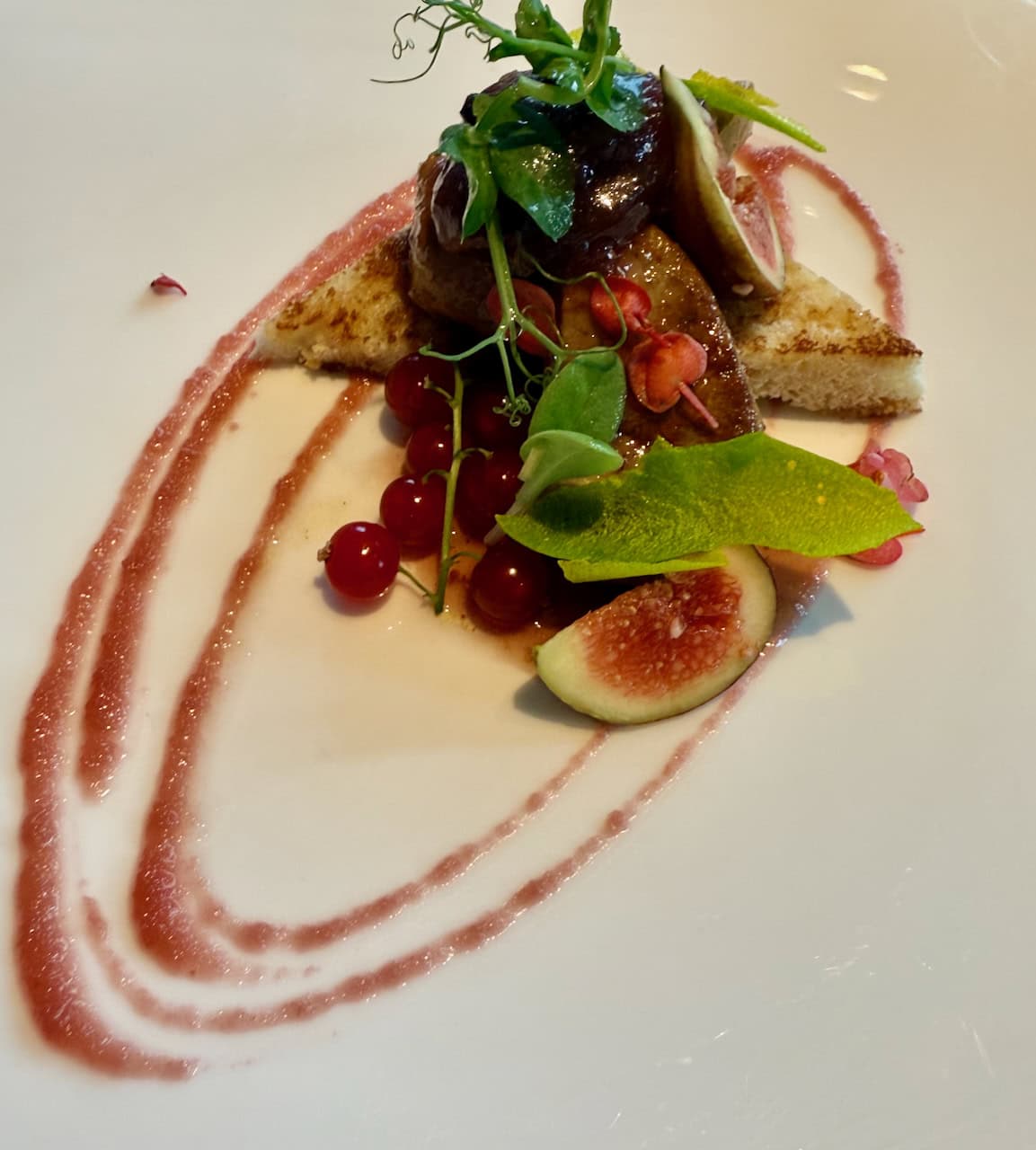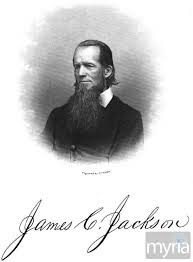 |
| Dr, James Caleb Jackson, Inventor of Granula |
When our houseguests John and Mary showed up with homemade Granola as a house gift, I was hooked. It was so far superior to any store-bought granola it amazed me. Crunchy, crisp, swee…to look at it, with its oats, nuts and raisins, it said “Healthy”, its taste said anything but. Now I am not claiming to be a daily consumer of granola. I have probably used the term “Crunchy Granola” to describe a certain Birkenstock lifestyle far more often than I’ve eaten the stuff. But Mary and John’s Granola set me on a mission to find a recipe for Granola of my own. (Mary’s recipe is from an unknown website that rhymes with ‘bitchin’.) All summer long, I searched for this child of sixties, or so I thought. Granola and its cousin Granula, however, were both registered trademarks dating back to the 19th century. American Granula was the invention of a Dr. James Caleb Jackson at his eponymous Jackson Sanitarium in Dansville, NY, south of Rochester, NY, in 1863. Its cousin, Muesli, was invented in Switzerland by Dr. Maximilian Bircher-Benner. This Swiss physician and nutritionist prescribed his invention to patients at his hospital where he was an early proponent of a diet rich in fresh fruit and vegetables. While both Granula and Muesli share their births in hospitals, the difference between Granola and Muesli is that the former is baked until crisp whereas muesli is neither baked nor sweetened.
Dr. Jackson was not the only Granola pioneer. John Harvey Kellogg, he of Battle Creek fame, produced a similar product, which he called Granola to avoid legal problems with Dr. Jackson. As an alumna of the great school of Advertising, I have to wonder how many legal problems Kellogg would run into today with the ads he ran for Granola, the earliest one shown on the left. Take a look at his target audience – “ all persons with weak digestion, defective assimilation, general or nervous debility, brain workers, feeble children and invalids… “ And then there’s that lavish claim that a one lb. box of Granola was equal in nutrition to 3 lbs. of beef! Note also that Kellogg’s enterprise was called “Sanitarium Food Company”. Granola just can’t seem to get out of its hospital setting. Granola continued to have a halo of good health attached to it, despite its sugar content. In the 1960s, it did have a major revival by, that’s right, hippies. Adding fruit and nuts to the grains gave it health food cred. And a whole group of people tried to attach their names to the reinvention of Granola. But the reality is Granola is now 150 years old. As to our recipe for homemade Granola, well this one had me at the word Maple, which is code for “Canadian”.
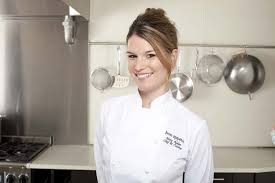 |
| Bon Appetit Executive Chef, Mary Nolan |
Apparently, the product is for sensitive teeth and apparently if you are afflicted with this problem, you have to avoid sweets. Who knew? Pictured in the ad is Bon Appetit’s Executive Chef, a very pretty woman named Mary Nolan, who appears to have a beautiful set of teeth. It’s unclear whether they are sensitive or not. But Ms. Nolan’s recipe for Granola is sensational. And rather simple to make. In fact, in the time it took to write this post, mine emerged from the oven smelling of maple and nuts and coconut which will soon go into the jar that Mary and John’s Granola came in. Here is the recipe:
5. Bake, stirring every 15 minutes, until golden, about 45 minutes.
